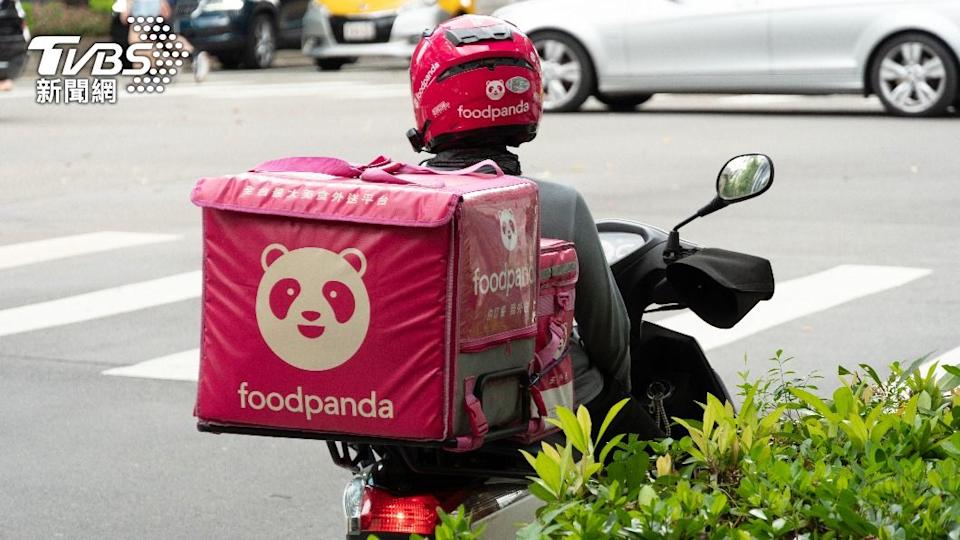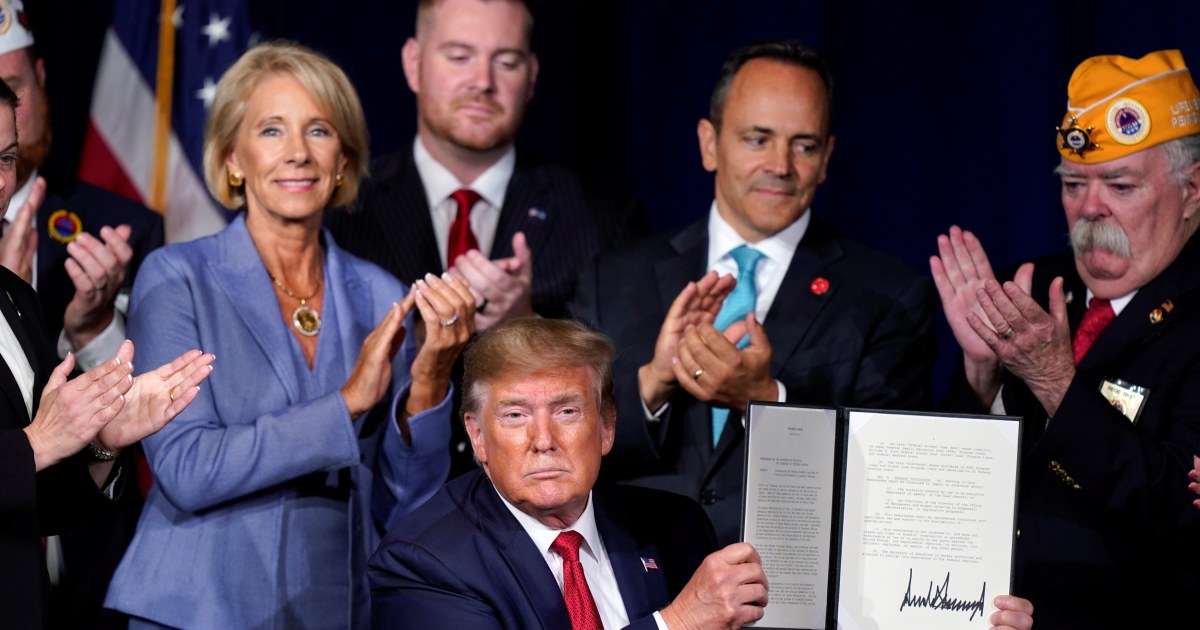Regulatory Issues Halt Uber's Acquisition Of Foodpanda In Taiwan

Table of Contents
The Proposed Acquisition and its Potential Impact
The proposed acquisition of Foodpanda by Uber promised to reshape Taiwan's food delivery landscape. Uber, already a significant player in ride-hailing, envisioned leveraging Foodpanda's established network to expand its market share and solidify its presence in the lucrative Asian market. The anticipated benefits were significant, promising a win-win scenario for both companies and the Taiwanese public.
- Increased Competition: The merger would have intensified competition, potentially leading to innovation and better services for consumers.
- Lower Prices and Enhanced Services: A combined entity might have offered more competitive pricing and a wider range of services, improving the overall customer experience.
- Growth Opportunities for Businesses: Taiwanese restaurants and delivery drivers stood to benefit from increased exposure and potentially higher earning opportunities.
- Strengthened Asian Market Position: For Uber, the acquisition represented a crucial step toward consolidating its position as a dominant player in the Asian tech market.
Specific Regulatory Obstacles Encountered
The acquisition faced a significant roadblock due to several key regulatory issues raised by Taiwanese authorities. These obstacles underscore the complexities of navigating the regulatory landscape for large-scale mergers and acquisitions in Taiwan.
- Antitrust Concerns: The Fair Trade Commission (FTC) likely expressed concerns about the potential monopolistic effects of the merger, given the combined market share of Uber and Foodpanda in the food delivery sector. This concern focuses on eliminating competition and potentially harming consumers.
- Data Privacy Regulations: Stringent data privacy regulations in Taiwan likely played a role. The merger would involve the consolidation of vast amounts of user data, necessitating careful scrutiny to ensure compliance with existing laws and regulations. This includes compliance with the Personal Data Protection Act.
- Foreign Investment Restrictions: Taiwanese regulations governing foreign investment might have added another layer of complexity to the approval process. The deal may have required additional approvals due to Uber's foreign ownership.
- National Security Concerns: In some instances, acquisitions involving sensitive data or infrastructure may face scrutiny related to national security, though it's unclear if this played a significant role in this specific case.
The Impact on Uber and Foodpanda's Business Strategies
The failed acquisition has forced both Uber and Foodpanda to re-evaluate their strategies in Taiwan. The implications are wide-ranging, impacting not just their market position but also their internal operations.
- Revised Market Strategies: Both companies must now develop alternative strategies to compete in a more fragmented market. This may include increased investment in marketing, technological innovation, and potentially strategic partnerships with other players.
- Potential Financial Losses: The failed acquisition likely resulted in significant financial losses for both companies, including sunk costs associated with due diligence and negotiations.
- Impact on Employee Morale and Investor Confidence: The uncertainty surrounding the deal could negatively impact employee morale and potentially dent investor confidence in both companies.
- Shifting Competitive Landscape: The failed merger has altered the competitive landscape, allowing other players in Taiwan's food delivery market to gain ground.
Future Outlook and Potential for Future Acquisitions in Taiwan
The stalled Uber Foodpanda Taiwan acquisition carries significant implications for future mergers and acquisitions in Taiwan’s tech sector. The heightened scrutiny and potential regulatory hurdles will likely make future deals more challenging.
- Increased Scrutiny of Future Acquisitions: We can expect a more rigorous review process for future acquisitions involving major foreign tech players. This will require more thorough due diligence and a greater understanding of Taiwanese regulatory requirements.
- Potential Changes to Regulatory Frameworks: This event could prompt discussions about modernizing and clarifying the regulatory framework surrounding mergers and acquisitions in Taiwan.
- Increased Complexity for Investors: The regulatory complexities involved will make it more challenging for foreign investors looking to enter or consolidate their position in the Taiwanese market.
- Alternative Strategies: Uber and Foodpanda must now explore alternative strategies, potentially including organic growth, strategic partnerships, or smaller, targeted acquisitions.
Conclusion:
The failed Uber Foodpanda Taiwan acquisition highlights the significant regulatory challenges faced by foreign companies seeking to invest and consolidate their presence in Taiwan's dynamic tech market. The unforeseen obstacles, including antitrust concerns, data privacy regulations, and foreign investment restrictions, underscore the importance of a thorough understanding of the Taiwanese regulatory landscape. This stalled deal significantly impacts both companies' strategic plans and the competitive dynamics of Taiwan's food delivery market. Staying informed about the evolving regulatory landscape in Taiwan's tech sector, particularly concerning future mergers and acquisitions involving major players like Uber, is crucial. Further research into Taiwan’s Fair Trade Commission guidelines and the Personal Data Protection Act is recommended for those interested in the complexities of the Uber Foodpanda Taiwan deal and Taiwan’s food delivery market regulations, as well as foreign investment in Taiwan’s tech sector.

Featured Posts
-
 The Most Influential Black Players In Wnba History Top 16
May 17, 2025
The Most Influential Black Players In Wnba History Top 16
May 17, 2025 -
 The Trump Administration And Black Student Loan Debt
May 17, 2025
The Trump Administration And Black Student Loan Debt
May 17, 2025 -
 The 10 Best Tv Shows That Ended Too Soon A Critical Look
May 17, 2025
The 10 Best Tv Shows That Ended Too Soon A Critical Look
May 17, 2025 -
 First Look Ralph Laurens Fall 2025 Riser Presentation
May 17, 2025
First Look Ralph Laurens Fall 2025 Riser Presentation
May 17, 2025 -
 Belgica 0 1 Portugal Resumen Y Analisis Del Partido
May 17, 2025
Belgica 0 1 Portugal Resumen Y Analisis Del Partido
May 17, 2025
Latest Posts
-
 Justes Jocytes Karjera Vilerbane Apzvalga Ir Ateities Planai
May 17, 2025
Justes Jocytes Karjera Vilerbane Apzvalga Ir Ateities Planai
May 17, 2025 -
 Justes Jocytes Karjeros Etapas Vilerbane Oficialus Pabaigos Patvirtinimas
May 17, 2025
Justes Jocytes Karjeros Etapas Vilerbane Oficialus Pabaigos Patvirtinimas
May 17, 2025 -
 Ultraviolette Tesseract E Scooter 3 Impressive Highlights
May 17, 2025
Ultraviolette Tesseract E Scooter 3 Impressive Highlights
May 17, 2025 -
 Where And When To Watch Indiana Fevers 2025 Preseason Schedule Featuring Caitlin Clark
May 17, 2025
Where And When To Watch Indiana Fevers 2025 Preseason Schedule Featuring Caitlin Clark
May 17, 2025 -
 Eminem And The Wnba A Potential Partnership
May 17, 2025
Eminem And The Wnba A Potential Partnership
May 17, 2025
